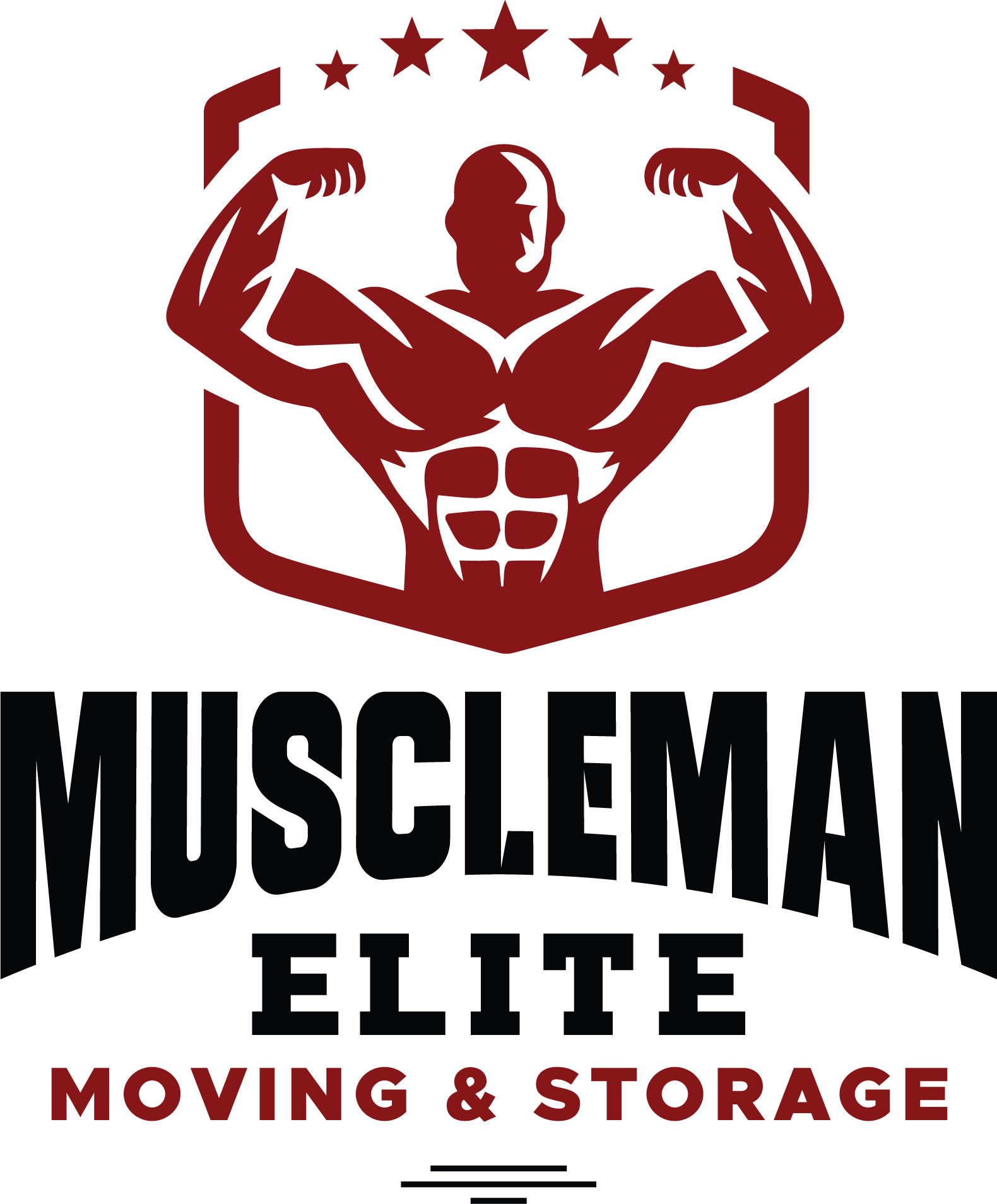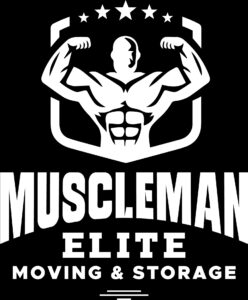Are you one of the 40 million Americans (14% of the population!) who are planning to move this year? If so, you’re going to have to figure out what to do with all your belongings. While some people are lucky enough to simply pack up their stuff and move from one home to another right away, most find that they need to store things before they relocate. This means that in addition to hiring a moving company and safely packing your stuff, you’ll also need to learn the basics of choosing storage units.
Don’t worry, though. Once you know what to look for, it’s easier than you might think! Here’s what you need to consider.
1. Unit Size
There are a variety of storage unit sizes available and choosing the right one is critical. When you’re estimating the amount of space you’ll need, make sure you think about both square footage and ceiling height.
You may want to make a list of the items you’re planning to store, as this will help you more accurately estimate the size of the unit you need. If in doubt, speak to a representative at the storage unit. They help people like you every day and are usually pretty good at estimating a customer’s needs.
Although you don’t want to waste money renting a unit that’s too large, it’s usually a good idea to go with one that’s a little bit bigger than you think you need. People almost always have more items than they think they do.
2. Self-Service vs. Full-Service
Many people aren’t aware that there are several different storage unit types. When choosing between a self-service and full-service storage unit, the biggest consideration is usually the type of access you’ll have.
Sometimes, a full-storage unit will pick up and drop off your items. If you don’t have a vehicle, this can be a very convenient option. While self-service units give you a key and allow you to come and go as you please, most full-service storage facilities require you to make an appointment.
Many find that self-service is more convenient, due to its flexibility. However, since access is restricted, full-service offers much better security.
3. Location
If you’re going to need to access your items frequently, then you’ll want to make sure the storage unit you choose is conveniently located. However, if you’re storing things for a longer period, you might want to choose someplace further away, particularly if the price is lower.
For example, units located in urban areas are often more expensive due to high demand. If you can rent a unit away from the city, it may save you money.
4. Security
Not only is it important to keep your items safe and secure, but you also want to know that you’re going to be safe when you access your units.
When checking out potential storage units, ask if they have video monitoring and/or on-site surveillance. Also, make sure that the facility is well-lit and that you feel comfortable there.
5. Temperature
Depending on the types of items you want to store, you may want a climate-controlled unit. While this will be more expensive, it will help to ensure that your items come out of storage in the same condition as when they went in.
You’ll want to consider a climate-controlled unit for items like electronics, wooden furniture, artwork, family photos, antiques or collectibles, sports equipment, and media (DVDs, records, videos). Generally, anything you wouldn’t store in a hot attic shouldn’t be kept in a non-climate-controlled unit for any length of time.
6. Cost
When comparing unit costs, there are several things to consider. The size of the unit will matter, as will the type of contract and whether there are any additional fees associated with your rental.
The amount of time you’re going to need the unit will also impact your cost. If you’re selling your home, there’s a good chance your realtor will tell you that you need to declutter before you list it. This means that you’ll have to keep your unit until you sell your home, buy a new one, and get ready to move in.
Most units rent month-to-month and many will do short-term rentals. If you think you’ll need the unit for some time, ask whether there are any longer-term specials available.
7. Reputation
Last, but certainly not least, you want to make sure the unit you’re considering has a good reputation. Things like poor customer storage or misleading rental terms can end up causing you major problems, and it’s difficult to know about these types of problems without doing a bit of research.
Take the time to check out the unit’s references and reviews. Look at popular sites like Google and Yelp and check the company’s social media accounts. It’s also a good idea to do an internet search for the company’s name to see if any red flags come up.
We Make Choosing Storage Units Easy
Now that you know the basics of choosing storage units, you’re ready to find the perfect one for your needs. If you live in the Austin, TX area, you don’t need to look any further than Muscle Man Moving!
We offer local and long-distance moving, packing service, and storage solutions, so you can take care of everything you need with a single phone call. Fill out our convenient form to get a free instant quote!



